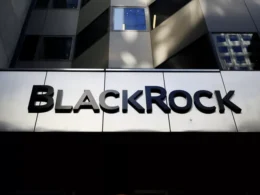Shell’s plans to expand its liquefied natural gas (LNG) sales are under scrutiny as a group of major shareholders have filed a resolution questioning the strategy’s compatibility with climate goals.
The resolution comes amidst growing concerns about the environmental implications of Shell’s focus on LNG, a key component of CEO Wael Sawan’s strategy to meet rising global energy demand.
The shareholders, including Brunel Pension Partnership, Greater Manchester Pension Fund, and Merseyside Pension Fund, which collectively manage $86 billion in assets, are calling for clarity on how Shell’s growth assumptions align with global net-zero targets. Their concerns centre on Shell’s demand outlook, which exceeds all scenarios published by the International Energy Agency (IEA) and forecasts LNG accounting for 30% of its upstream hydrocarbon production by 2030. This projection is 301% higher than the IEA’s Net Zero Emissions by 2050 scenario.
This raises governance questions and financial risks for investors according to Sarah Brewin, strategist at the Australasian Centre for Corporate Responsibility, one of the resolution’s co-filers.
Vaishnavi Ravishankar, head of stewardship at Brunel Pension Partnership said that more transparency from Shell is needed to understand how its LNG plans align with global climate goals, especially after the company’s decision to remove its interim 2035 climate target.
In March 2024, Shell weakened its 2030 carbon reduction target and scrapped its 2035 carbon intensity goal, citing robust LNG demand, following a similar move by rival BP.
A Shell spokesperson defended the strategy, stating that shareholders have “strongly backed” the company’s efforts to balance value creation with emission reductions. “We remain confident in the role of LNG in our strategy,” the spokesperson added.
The resolution has garnered support from over 100 independent shareholders represented by UK-based responsible investment NGO ShareAction, adding further pressure on Shell to address its climate strategy amidst a shifting energy landscape.





















